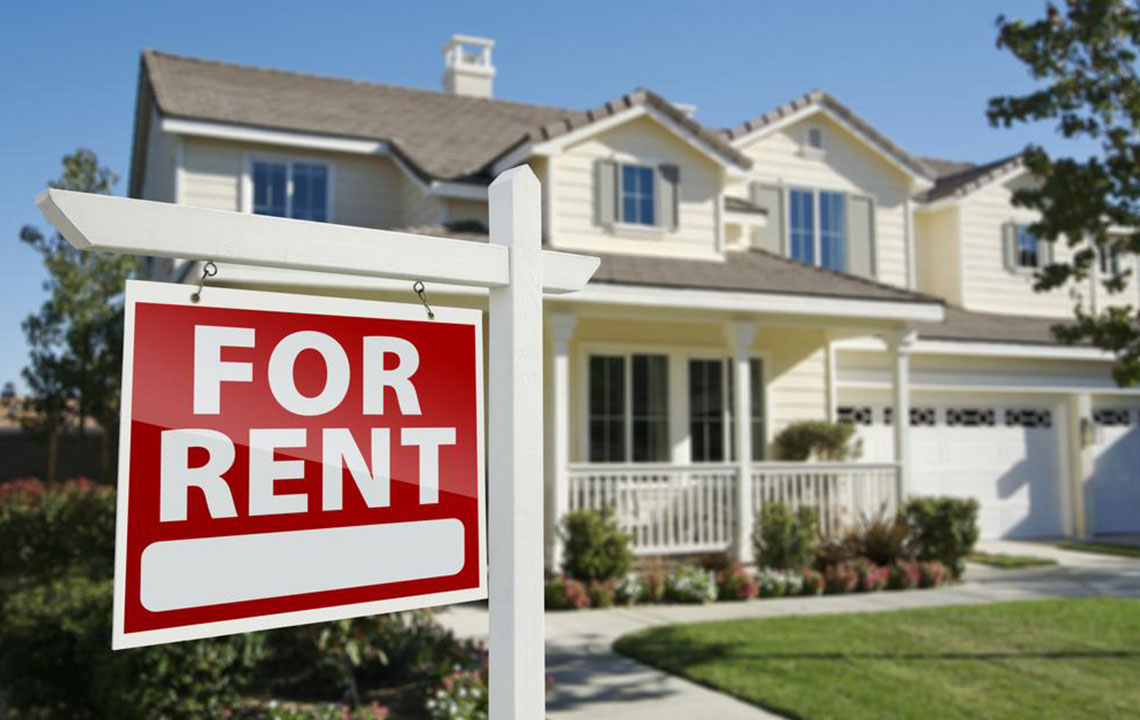Complete Guide to Finding Your Ideal Home: Tips for Renting and Buying
This detailed guide offers essential tips for finding the perfect home, whether renting or buying. It covers defining needs, evaluating property types, understanding costs, inspecting homes, and negotiating deals. By following these strategies, prospective homeowners and renters can make informed decisions, ensuring their living space aligns with their lifestyle and budget. The article provides practical advice and insights to streamline the home search process and achieve housing success efficiently.

Complete Guide to Finding Your Ideal Home: Tips for Renting and Buying
Searching for the perfect home, whether to rent or purchase, is a significant milestone that requires careful consideration and strategic planning. Although the process varies depending on whether you're renting or buying, several fundamental principles remain consistent across both options. Understanding these principles can help you make informed decisions, avoid costly mistakes, and ultimately find a property that suits your lifestyle, financial circumstances, and personal preferences.
In this comprehensive guide, we will explore key factors to consider when looking for a home, practical tips to streamline your search, and strategies to ensure you're making the best choice. The journey toward finding your dream property involves multiple steps—from defining your needs and preferences to assessing financial implications and understanding market trends. Let's delve into the essential aspects of securing your ideal home, whether for short-term rent or long-term investment.
1. Clarify Your Housing Goals and Preferences
Before beginning your search, clearly define what you want in a home. Do you desire a spacious house with a yard, or is a cozy apartment in the city more appealing? Your choice will depend on your lifestyle, family size, work location, and personal preferences. Consider whether you prioritize space, convenience, affordability, or community features. Creating a detailed list of your must-haves versus nice-to-haves can help focus your search and prevent unnecessary compromises later.
2. Evaluate Different Types of Properties
Each type of housing—be it a suburban house, urban apartment, or countryside cottage—offers unique advantages and challenges. For instance, a suburban house may provide more space, privacy, and outdoor activities, ideal for families or those craving tranquility. On the other hand, city apartments tend to be closer to workplaces and amenities, reducing commute times and enhancing daily convenience. Weigh the benefits and drawbacks of each option, considering long-term implications such as potential appreciation, accessibility, and lifestyle compatibility.
3. Location Matters: Neighborhoods and Accessibility
The neighborhood you choose influences your daily life significantly. Proximity to your workplace, schools, healthcare facilities, shopping centers, and entertainment options should be top considerations. Additionally, assess transportation options—public transit availability, road connectivity, walkability, and traffic conditions. A well-located home reduces commuting stress and enhances your overall quality of life. Spend time exploring neighborhoods to get a feel for their safety, community vibe, and future development prospects.
4. Financial Planning and Budgeting
Understanding the full scope of costs involved in renting or buying is crucial to avoid financial strain. When renting, consider not only the monthly rent but also initial deposits, moving costs, utility setup fees, and ongoing expenses like electricity, water, gas, internet, and cable. For home buyers, additional expenses include down payments, mortgage payments, property taxes, homeowners’ association fees, insurance, maintenance, and potential renovation costs.
Creating a detailed budget allows you to determine what you can afford realistically. Remember to include contingency funds for emergencies or unexpected expenses. Carefully review lease agreements for rental properties or purchase contracts for buying, paying close attention to clauses such as pet policies, renovation restrictions, and lease durations. Comparing total costs over the short and long term ensures your choice aligns with your financial goals.
5. Inspection and Evaluation of Properties
Once you identify potential properties, schedule thorough inspections and evaluations. For rentals, inspect the condition of the property, appliances, and safety features. For purchases, consider hiring professional inspectors to assess structural integrity, plumbing, electrical systems, and overall maintenance needs. Addressing issues early can save money and prevent future headaches. Take note of property age, foundation stability, pest infestations, and the state of windows, roofing, and HVAC systems.
6. Negotiating and Making an Offer
Negotiation is a vital part of the home-finding process. Whether you’re renting or buying, understanding market conditions and current demand helps you formulate a compelling offer. For rentals, negotiating rent prices, lease terms, and move-in dates can be beneficial. For sellers, competitive offers backed by market data and inspections often lead to better terms. Engage with experienced real estate agents or legal professionals to ensure your interests are protected and negotiations are fair.
7. Completing the Paperwork and Finalizing the Sale or Lease
Once an agreement is reached, review all contractual documents thoroughly. Clarify lease terms, such as duration, renewal options, penalties for early termination, and maintenance responsibilities. For home purchases, ensure all paperwork, including title deeds, mortgage agreements, and disclosures, are in order. Hiring legal counsel or real estate experts can help navigate complex documents, ensuring a smooth transaction and safeguarding your rights.
8. Moving and Settling In
When everything is finalized, plan your move carefully. Schedule moving services, update your address with relevant institutions, and organize utilities and services for seamless transition. Once settled, personalize your space to create a comfortable and welcoming environment. Building rapport with neighbors and familiarizing yourself with community resources can enhance your living experience.
Conclusion
Finding the right home requires patience, research, and strategic planning. By defining your needs, evaluating options thoroughly, considering financial implications, and leveraging professional advice, you can secure a property that truly suits your lifestyle and budget. Whether you're renting temporarily or purchasing a long-term residence, these comprehensive tips serve as a valuable roadmap for your housing journey. Remember, the goal is to find a safe, comfortable, and affordable home where you can thrive and create lasting memories.





